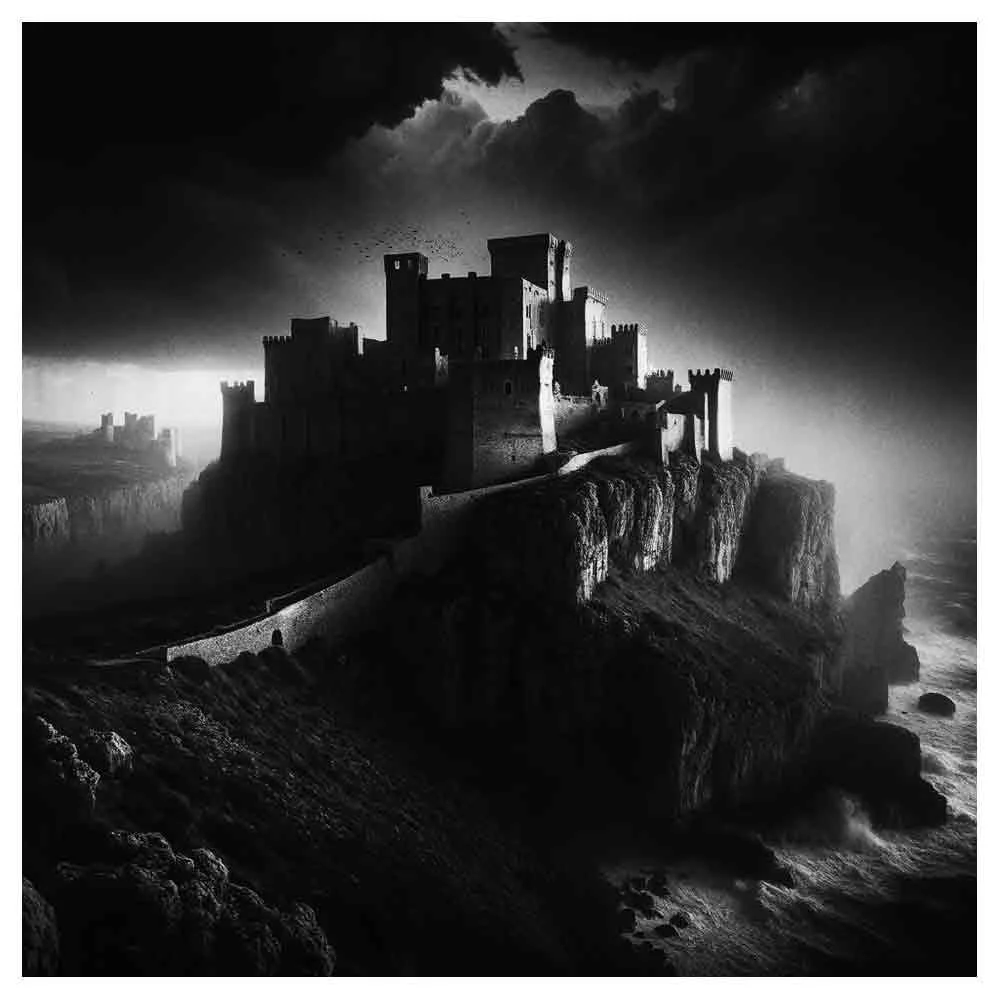What is a Filmmaker? Everything You need To Know!
Imagine the most heart-stirring movie you've ever watched, the one that made you laugh, cry, or ponder about life's great mysteries.
Now, consider the creative vision that conjured that piece of art, the individual primarily responsible for encapsulating that roller coaster of emotions and thoughts into a single, flowing narrative. That's a filmmaker for you.
Defining the Filmmaker
In the simplest terms, a filmmaker, be it a film director or an independent filmmaker, is an artist who combines the pieces of a jigsaw puzzle to create a visually stunning, emotive masterpiece, a movie.
The puzzle pieces range from the story, actors, and visual elements to the sound design, each carefully placed to support the same goal, to captivate the audience.
The Filmmaking Process: Pre-Production, Production, and Post Production
Filmmaking is a journey through different phases, each with its unique set of challenges and rewards. Here's a peek into the timeline that most filmmakers follow:
Pre-Production: This phase involves the planning and preparation of the film project. It's where the filmmaker finalizes the script, sets up a shooting schedule, selects the cast members, and assembles the production team.
Production: This phase witnesses the magic of the film shoot, where the filmmaker's vision starts taking a tangible form. It's a busy time for crew members, actors, the director, and the camera operator. Every scene is meticulously shot, considering camera angles, actor performances, and visual effects.
Post-Production: This phase transforms raw footage into the final product. Video editors, sound designers, and other industry professionals work closely with the filmmaker to edit the scenes, add sound effects, and incorporate visual effects to enhance the storytelling.
Throughout the entire process, filmmakers work in synergy with department heads, from the sound designer to the production coordinator, ensuring the final product aligns with their creative vision.
The Creative Control: Directors and Producers
While every member of a film production team plays a vital role, two figures emerge as the pillars of creative control, the director and the producer.
Directors shape the creative aspects of the movie, guiding the actors and overseeing the creative decisions concerning camera work, sound, and lighting. They are the translators of scripts into visual stories.
Producers, on the other hand, oversee the business and logistical aspects of the film, managing everything from budgeting to distribution. They often work with directors to secure financing and make critical production decisions.
Film School: A Conduit to Filmmaking?
A question many aspiring filmmakers ask is, "Should I attend a film school to become a filmmaker?".
The answer is complex. Film schools offer a structured approach to learning the craft, from understanding the fine arts of storytelling to networking with industry professionals.
However, many successful filmmakers never attended film schools and instead honed their craft through sheer experience and passion.
Independent filmmakers, who produce films with lesser budgets and more creative freedom, often rely on their professional network, grit, and innovative thinking.
Filmmaking as a Career: What's the Job Outlook?
According to the Bureau of Labor Statistics, the average salary for filmmakers and directors varies greatly.
Factors influencing the compensation include the film's budget, the filmmaker's experience, and the distribution method.
More money often flows for those working on a TV show or a high-budget movie. However, the filmmaking process often involves long hours and intense commitment, demanding talent, perseverance, and a passion for storytelling.
Filmmaker: The Visionary of the Film Industry
To sum up, whether working in the entertainment industry or creating independent films, a filmmaker is the lighthouse guiding the film production ship.
They are the creative visionaries holding the reins of creative control, making crucial decisions from pre-production to post-production, and ensuring the completed film is a polished gem ready to enchant audiences.
Becoming a filmmaker is no easy feat. It involves wearing multiple hats, navigating challenging tides, and continuously learning and adapting. However, the joy of seeing your creative vision translate into a finished product, enjoyed and celebrated by audiences, makes the journey worthwhile.
Ultimately, being a filmmaker is about storytelling. It's about painting the canvas of imagination with all the elements of a movie, about casting spells of emotion, thought, and intrigue.
And in the grand scheme of things, a filmmaker's primary role is to create content that pushes the boundaries of creativity and meaning, carving indelible imprints in the heart of the film industry and its audience.
Frequently asked questions about filmmakers (FAQs)
What is a filmmaker?
A filmmaker is a comprehensive term referring to an individual or group primarily responsible for creating a movie or a film.
This includes roles like the director, producer, screenwriter, and more. The filmmaker guides the film project from pre-production to post-production, weaving a creative vision into a completed film.
What roles do filmmakers play in the film industry?
In the film industry, filmmakers play a variety of roles, including but not limited to:
Film Director: Directs the creative elements of the movie, works with the cast and crew members, and makes final creative decisions.
Producer: Oversees the business aspects of the film, from budgeting to distribution, often working closely with the director.
Independent Filmmaker: Usually works outside the major film industry and has creative control over all the elements of independent films.
These roles may overlap or vary depending on the size and nature of the project.
What kind of skills are required for a filmmaker?
A filmmaker needs a blend of creative, technical, and interpersonal skills. They need to have a strong creative vision, an understanding of all aspects of film production, knowledge of camera angles and sound design, and the ability to lead a team.
Effective communication skills are paramount, as filmmakers work closely with actors, crew members, and other industry professionals.
What is the job outlook for filmmakers?
According to labor statistics, job prospects for filmmakers, particularly film directors, are expected to grow.
However, competition is intense as many are attracted to this profession. The average salary varies greatly depending on the film's budget, the filmmaker's experience, and the distribution method.
Filmmaking often involves long hours and intense commitment.
Who has the final say in the creative decisions during filmmaking?
This can depend on the film's structure and agreements. In most cases, the film director has the final say on the creative aspects.
They decide on the visual elements, performances, and how scenes are shot. However, producers, and in some cases, production companies or film studios, may also significantly influence creative decisions, especially in bigger-budget movies.
Can a filmmaker work on more than one project at a time?
Yes, it is possible, although it can be challenging. Filmmaking requires a high level of focus and commitment.
Some filmmakers may juggle multiple projects at different stages. For instance, they could be in the pre-production phase of one movie and the post-production phase of another.
How do filmmakers create content that appeals to an audience?
Filmmakers must deeply understand their target audience, including their tastes, preferences, and cultural nuances.
They combine this knowledge with their creative vision to create content that resonates with the audience. They also consider feedback from test screenings to fine-tune their final product.
What are some challenges filmmakers face?
Filmmakers face various challenges throughout the film production process. These include securing funding, managing production costs, dealing with unforeseen obstacles during the film shoot, maintaining creative control, meeting deadlines, and more.
Despite these challenges, many filmmakers find immense satisfaction in seeing their finished product on screen, affirming their passion for this creative pursuit.






























